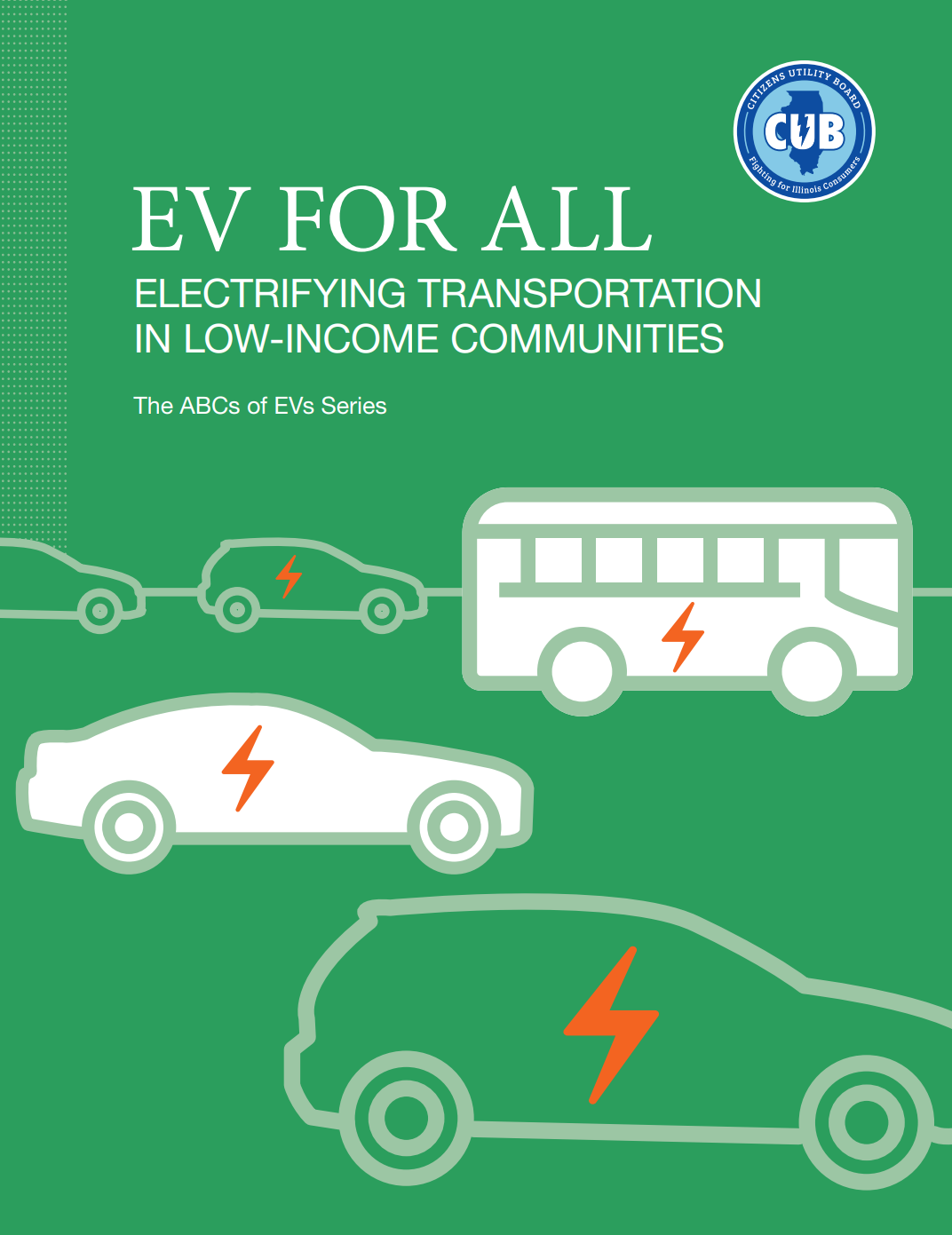Electric Trucks Have Arrived: Documenting a Real-World Trucking Demonstration
Dipo Fadeyi2023-12-14T11:31:08-05:00The Run on Less – Electric demonstration demonstrated that for four market segments — vans and step vans, medium-duty box trucks, terminal tractors, and heavy-duty regional haul tractors — the technology is mature enough for fleets to be making investments in production CBEVs. Continuous improvement is expected to be rapid as these technologies gain market share. The environmental benefit of reduced CO2 and particulate emissions is significant for replacing traditional diesel and gasoline-based vehicles.









